We break down the movies we’re looking forward to seeing most out of this year’s hybrid festival in Chicago.
While TIFF, Venice, NYFF, Telluride, and several others dominate the fall festival season, we at The Spool are Chicagoans through and through, which makes the Chicago International Film Festival particularly close to our hearts. While many of the films have already played the festival circuit (and even received coverage at this illustrious publication!), CIFF is a welcome chance to catch up on what we missed, take in a few brand-new premieres, and celebrate the year in film as awards season begins to gear up in earnest.
This year’s fest, which runs October 13th through 24th, is thankfully keeping its virtual platforms from last year (side-eying you, NYFF) while blending them with in-person and drive-in screenings; the truly hybrid model is a welcome approach for a year that at once feels post-COVID and still deep in its lingering grip. You can go here for a complete festival guide, including the fest’s schedule and where to buy tickets.
As we prep for two weeks soaked in screenings of the best the year in cinema has to offer, staff writer B.L. Panther and I offer up a quick glimpse of what we’re most looking forward to seeing. [Clint Worthington, editor-in-chief]
Antlers
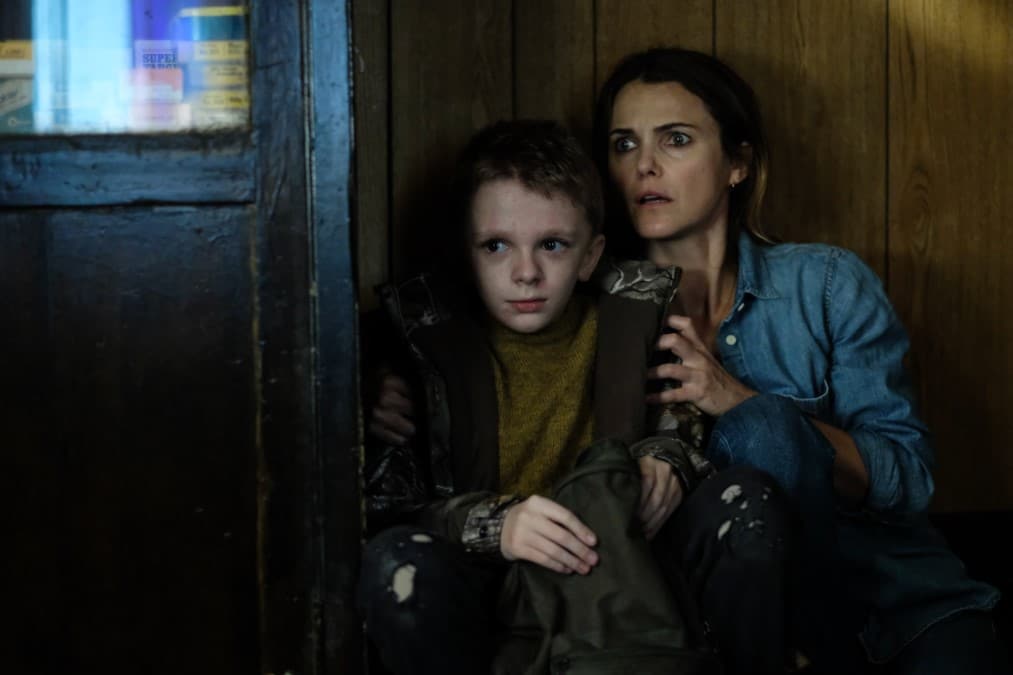
Hostiles and Out of the Furnace director Scott Cooper moves from moody, atmospheric tales of American malaise (usually starring Christian Bale) to this bonkers supernatural horror, starring Keri Russell as an Oregon teacher who discovers a terrifying secret about one of her students: he’s hiding a supernatural deer creature in his house.
I’ve been waiting to see this literally since Sundance last year, where it was rumored to be the secret screening before the world shut down. Its release has been delayed twice now by the COVID-19 pandemic, and I’ll be pleased to finally see whether its enticing mix of Pacific Northwest Gothic (is that a thing?) and Horror Lead Keri Russell will make for some suitable scares. (Oh, and Jesse Plemons is in it too, which is basically just daring me to see it at this point.) [Clint Worthington]
Citizen Ashe

MLK/FBI director Sam Pollard (alongside Rex Miller) turns his attention to yet another barrier-breaking figure in Black civil rights, this time trailblazing tennis legend Arthur Ashe. Seamlessly blending together his on-court achievements with his off-court activism, Pollard and Miller seek to paint a portrait of a man torn between the respectability politics demanded of Black athletes at the time and the political activism demanded by the times. Docs about sports stars tend to fall slapdash into a color-by-numbers formula, but Pollard’s intense skill as a documentarian should hopefully elide those concerns – especially for a sports icon whose story is long overdue to be told in doc form. [Clint Worthington]
In Front Of Your Face
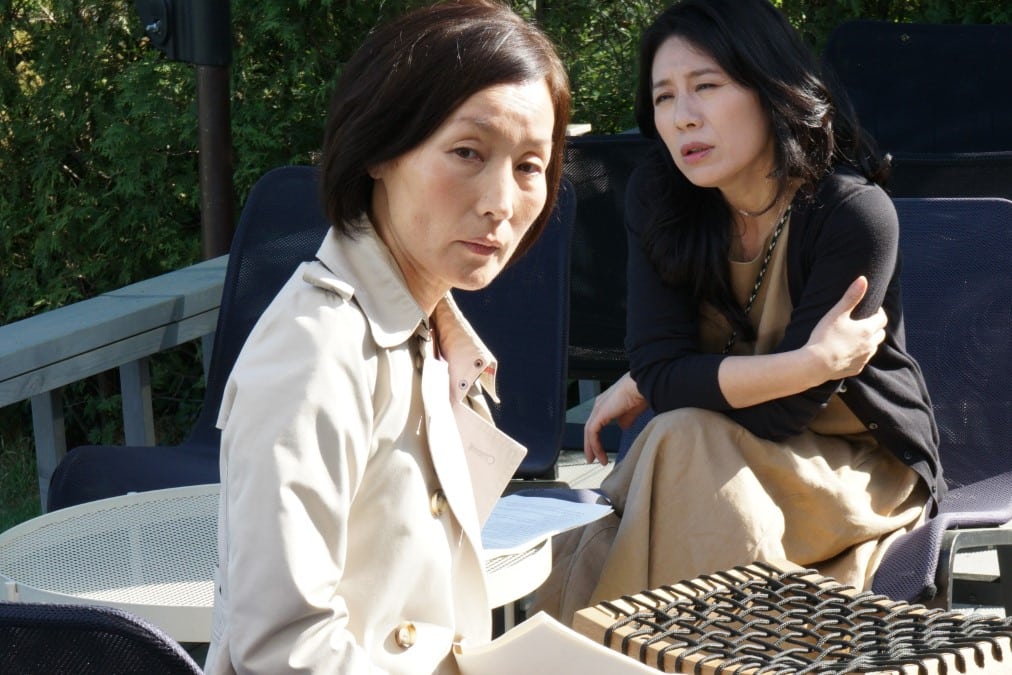
Hong Sang-soo’s films are often marked by intense profundities masked by depictions of the mundane. (They’re also marked, it must be said, but just how many of them there are: In Front Of Your Face is his 26th feature film.) But his latest tests the limits of his desire to let simple concepts breathe, taking an observational day-in-the-life approach to a middle-aged actress’ (Lee Hye-young) return to Korea to stay with her sister in a high-rise apartment. Long takes of gentle conversation suggest an amateurish, talky melodrama, but Hong’s smarter than that: his movie breathes with the patience of everyday life, which helps, since his protagonist may not have much time left on this earth. It’ll require patience, but that willingness to roll with the contemplative punches will pay off. [Clint Worthington]
The House of Snails
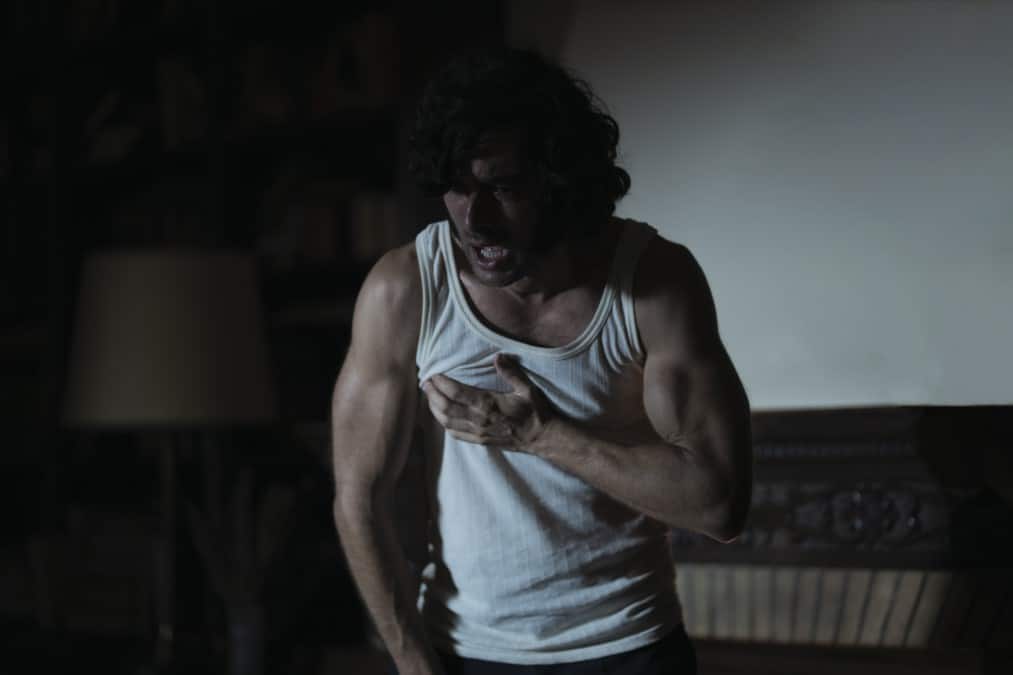
Just in time for spooky season, this period Spanish-language werewolf film from director Macarena Astorga making her feature film debut looks to be everything I want in a folk horror film. This tale of lust, ritual, torches, and crones, follows writer Antonio (Javier Rey) who finds himself in a community that is not what they seem. There’s nothing I like more this time of year than films that play in the liminal space between what is real and what is lore. Here’s hoping its bite is as bold as its bark. [B.L. Panther]
The Last Forest
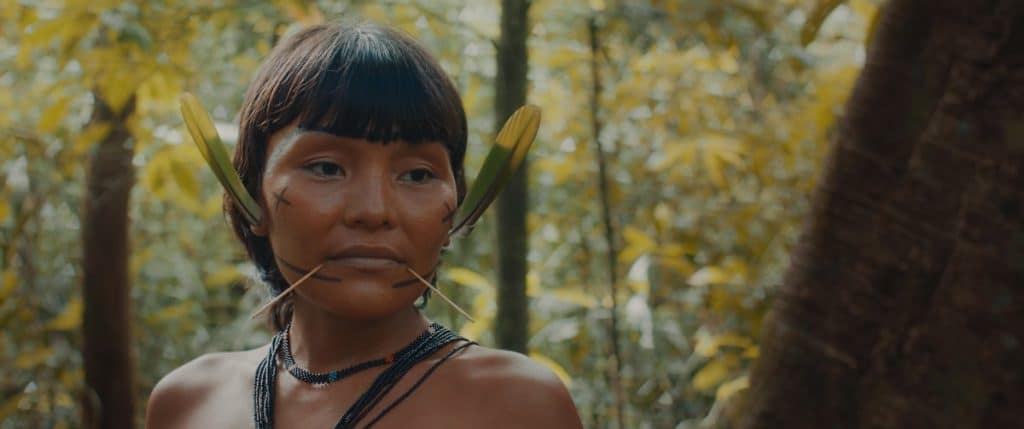
Filmmaker Luiz Bolognesi (Ex-Shaman) returns to Indigenous Brazil for The Last Forest. Blending mythic, oral, and colonial histories, Bolognesi (along with Yanomami shaman David Kopenawa Yanomami) has set out to celebrate and archive the lifeways and acts of resistance in the isolated community. I hope that, in this bold look at the cycles of encroachment and erasure, we might learn or experience a new way of seeing earth from the people whose perspective is now one of the most crucial. [B.L. Panther]
Memoria
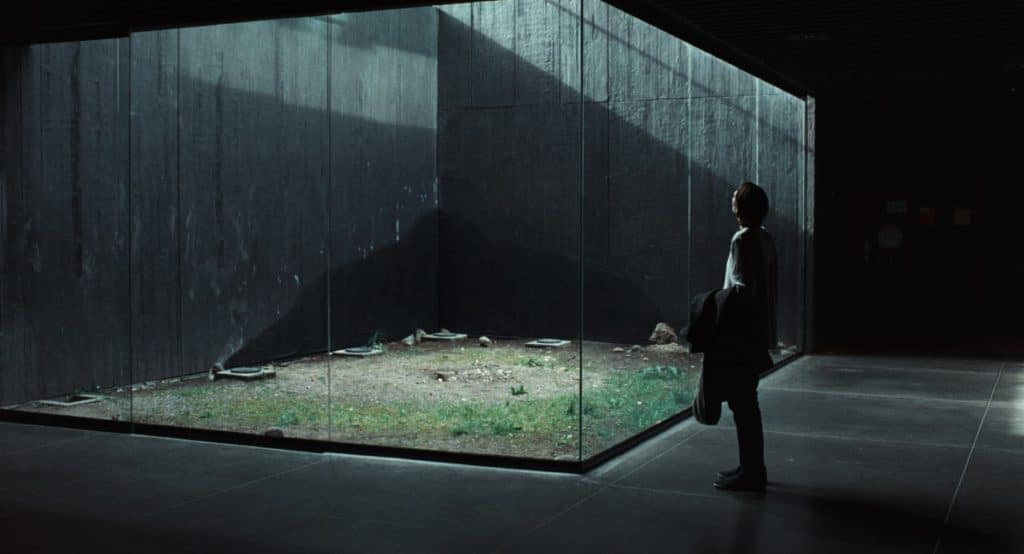
Acclaimed director Apichatpong Weerasethakul returns with this meditation on depth and profundity starring Tilda Swinton. While traveling in Colombia, Jessica Holland (Swinton) hears disturbing sounds, like rumbles from the core of the earth. I’m looking forward to seeing how or if this film slowly reveals moments of the sublime as I’ve come to adore and expect from Weerasethakul. Given the recent controversy around this film’s release strategy, I’m curious to see if there’s an earned resonance between the slow-growing rumble in the film and the kind of buzz Weerasethakul is trying to generate in distributing his film. [B.L. Panther]
Oscar Micheaux: The Superhero of Black Filmmaking
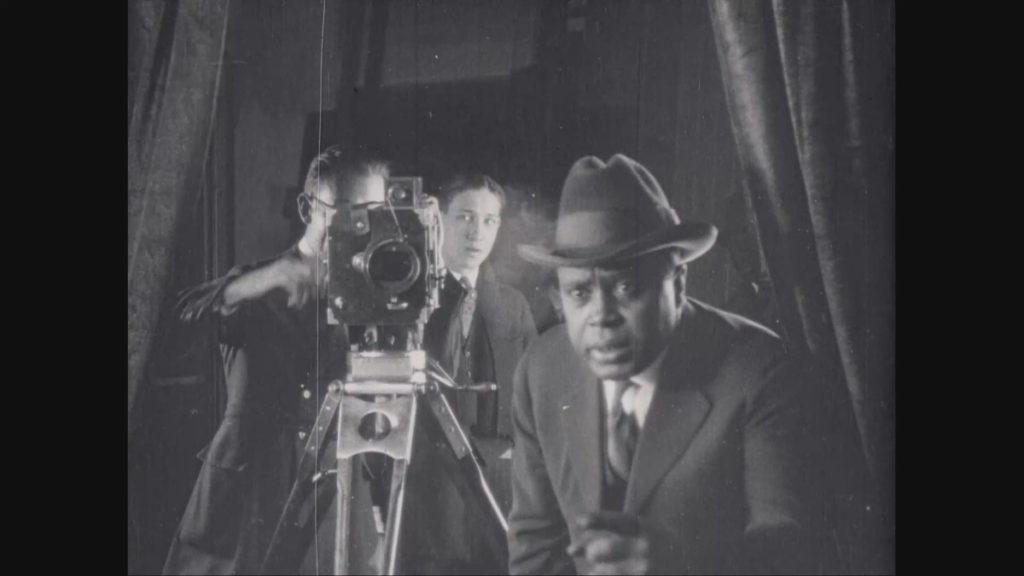
For his next filmmaker-documentary, Friedkin Uncut director Francesco Zippel has chosen to highlight Oscar Micheaux (1884-1951), one of early cinema’s most prominent Black directors. That a white director has helmed this documentary means it’s prone to falling to generic Great Man Narratives that make the individual a hero in a vacuum. However, the trailer uses Chuck D describing Micheaux as the originator of DIY or Independent cinema as a provocative thesis statement. I’m always open to refiguring cinema history and such a claim boldly shakes up commonly held assumptions of the white origin of DIY cinema in the late 1960s. As always, my ultimate hope for these kinds of documentaries is that they inspire the old works to be preserved and shown so they can be a part of our continual re-engagement with film history. [B.L. Panther]
Parallel Mothers

At this point, we all know better than to ignore a Pedro Almodóvar movie, right? His latest turn at bat contrasts the stories of two single mothers — Janis (Almodóvar staple Penélope Cruz) and Ana (Milena Smit) — who give birth on the exact same day. While Janis is older and ready for single motherhood, teenage Ana is less prepared for the massive responsibilities that face her. Critics out of other fests have called this Almodóvar’s best film in years, and considering he’s still hot off Pain and Glory and The Human Voice, that’s saying something. [Clint Worthington]
The Tsugua Diaries

I’ve loved the way Portuguese director Miguel Gomes tells stories about stories ever since I saw his three-part Arabian Nights (2015). Gomes returns with collaborator Maureen Fazendeiro to tell this story, told backward, of three (friends? family members? lovers?) trying to make a film during COVID. Amidst a lot of filmmakers talking about creating during the pandemic, I’m hoping Gomes and Fazendeiro can bring their literary, poetic, and meta-cinematic perspectives to a global moment that feels unique. [B.L. Panther]
The Velvet Underground

Todd Haynes’ work is steeped in the psychedelic counterculture and music of the ’60s and ’70s; he’s the guy behind Velvet Goldmine and I’m Not There, after all. But he’s never done documentaries before, which makes his two-hour take on Andy Warhol-cultivated avant-garde group The Velvet Underground particularly enticing. Taking an unusual approach as droning as one of John Cale’s chord progressions, Haynes’ work blends split-screened archival footage with contemporary interviews and a loose structure that feels more Stan Brakhage than Errol Morris. It’s an alienating, but deeply gripping style befitting its subject; you may not learn much about the band themselves if you’re a neophyte, but [Clint Worthington]